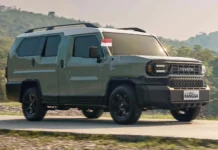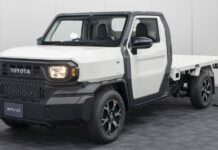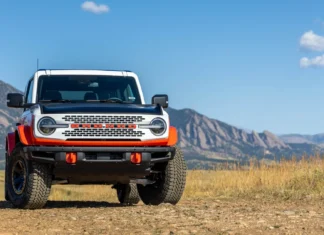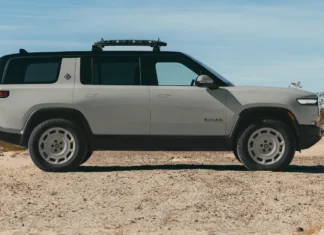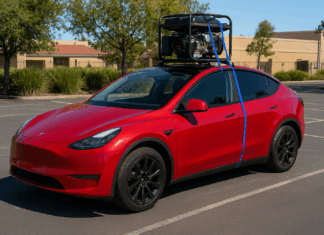Chevy and Diesel don’t exactly go together like America and apple pie. GM has previously announced its intentions to push forward with small diesel implementation for its small car/ SUV lineup. Now, with Chevrolet’s announcement of EPA-estimated fuel economy ratings, the Cruze is now the most efficient, non-hybrid/non-EV available in the U.S.
Despite the fuel efficiency gains inherent to diesel, Chevrolet finds itself alone in the passenger car diesel market. So why aren’t others jumping in and fighting for VW’s lost market share? There are a number of significant factors actually, and each of which Chevrolet and the rest of GM must score a direct bulls-eye as well as hope that the market stays consistent.
Let’s take a look at 5 factors that can make or break the success of Chevy’s push for small diesel adoption in the U.S.
- The U.S. market must be able to support a diesel engine program. While diesel once was the automotive world’s gem for its lower CO2 emissions, new scientific information has proven that the NOx emitted by diesel can be more damaging to the atmosphere. Because of that, diesel is unlikely to get the government subsidies that it once received from world governments. Today, those funds are being injected into the electrified world. In Europe and South America, cities are proactively putting the kibosh on the diesel demand (Mexico City, Paris, Madrid, among others) by promising to disallow diesel vehicle sales within 10 years. This is particularly relevant because nearly all small diesel development is based outside of America. Without the demand from the rest of the world, GM will eventually need to justify its own, U.S. developed, next generation diesel engines the associated emissions equipment. GM is hoping to make the most of the existing small diesel with implementations on the popular Equinox and and GMC Terrain by year’s end.

- Capture the void left by VW. According to Automotive News, VW owned about 3% of the U.S. market just prior to Diesel-Gate. That’s about a percentage point greater than estimated for the hybrid’s market share for 2016. While VW may be pushing its fuel efficient turbo gasoline engine and hybrid models as viable alternatives, GM’s VP of Global Propulsion believes that those TDI owners will be more loyal to the diesel engine than to the brand itself.
- Win the public’s support. It’s already been a year and half since VW received their official notice from the federal authorities and the litigation is still on-going. It’s bad news for VW and bad news for diesel. Yet, there is still more to come. FCA recently announced that it has received subpoenas from Federal Agencies regarding undisclosed software that could have been used to deactivate a vehicle’s emission control system in certain conditions. While innocent until proven guilty, the mere association with U.S. brands, Jeep and Ram, is erasing the notion that this is solely the problem of some corrupt foreign company. People may blame overly strict emissions regulations and others will blame big business’ sole focus on the bottom line, either way, the diesel engine doesn’t currently have the majority support of the public and could easily become the common enemy.
- Encourage America’s Love Affair of the Open Road. Diesel is more energy dense than gasoline which contributes to its improved fuel efficiency. Despite keeping the same general tank capacity, the Cruze diesel is capable of traveling just over 700 highway miles on one tank of fuel. Despite many of us not having a big enough bladder to support this distance, it is appealing to many Americans.
- Treat it as a “performance” trim level. Synonymous with an abundant amount of torque and low engine speed, the diesel engine provides a unique driving experience. Its low down grunt is somewhat contrary to the gradual acceleration typical of hybrid models looking for maximum system efficiency. While it’s popular to publish 0-60 mph or 1/4mile times, great for getting a sense of the engine’s overall power through the rev range, the 5-30 mph or 40 mph is quite possibly a better judge of real world acceleration. Here is where the diesel engine’s low down torque is able to make the most of each gear and not need to be wound anywhere close to redline for maximum acceleration.
Even if diesel isn’t your preferred energy source, merely having the option available should be treated in a similar celebration as to being able to buy an F-150 that can smoothly land 80 MPH jumps, or a small SUV convertible that still has the the luxury and off-road capability to still be considered a Range Rover. Small displacement, passenger car diesel may be on it’s final world tour but GM is betting that us Yankees can pick up the slack to make this a worthwhile adventure.
Here is Roman’s review of the Tiguan diesel which, unfortunately, VW has stated that it will not make available to the U.S. market.


